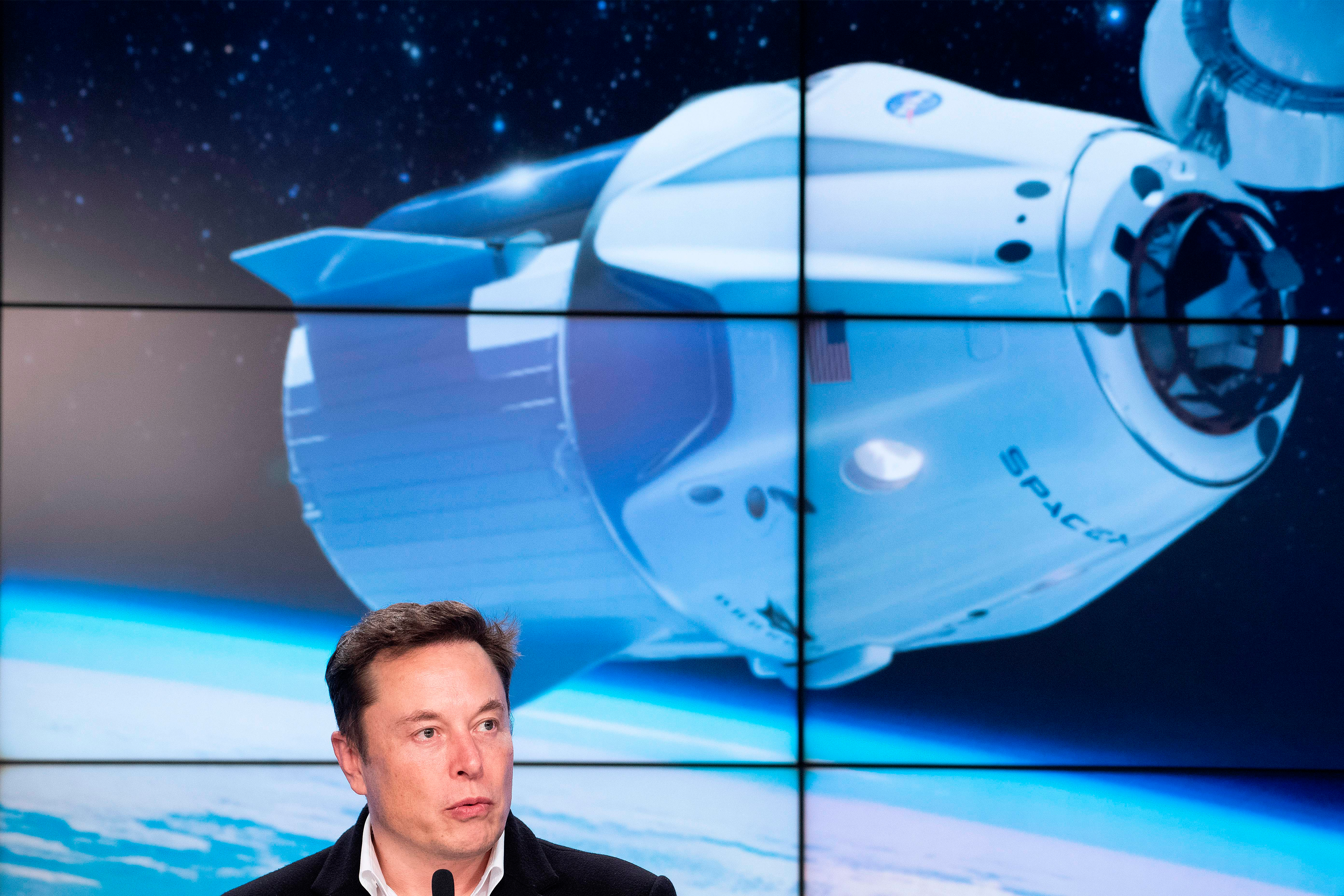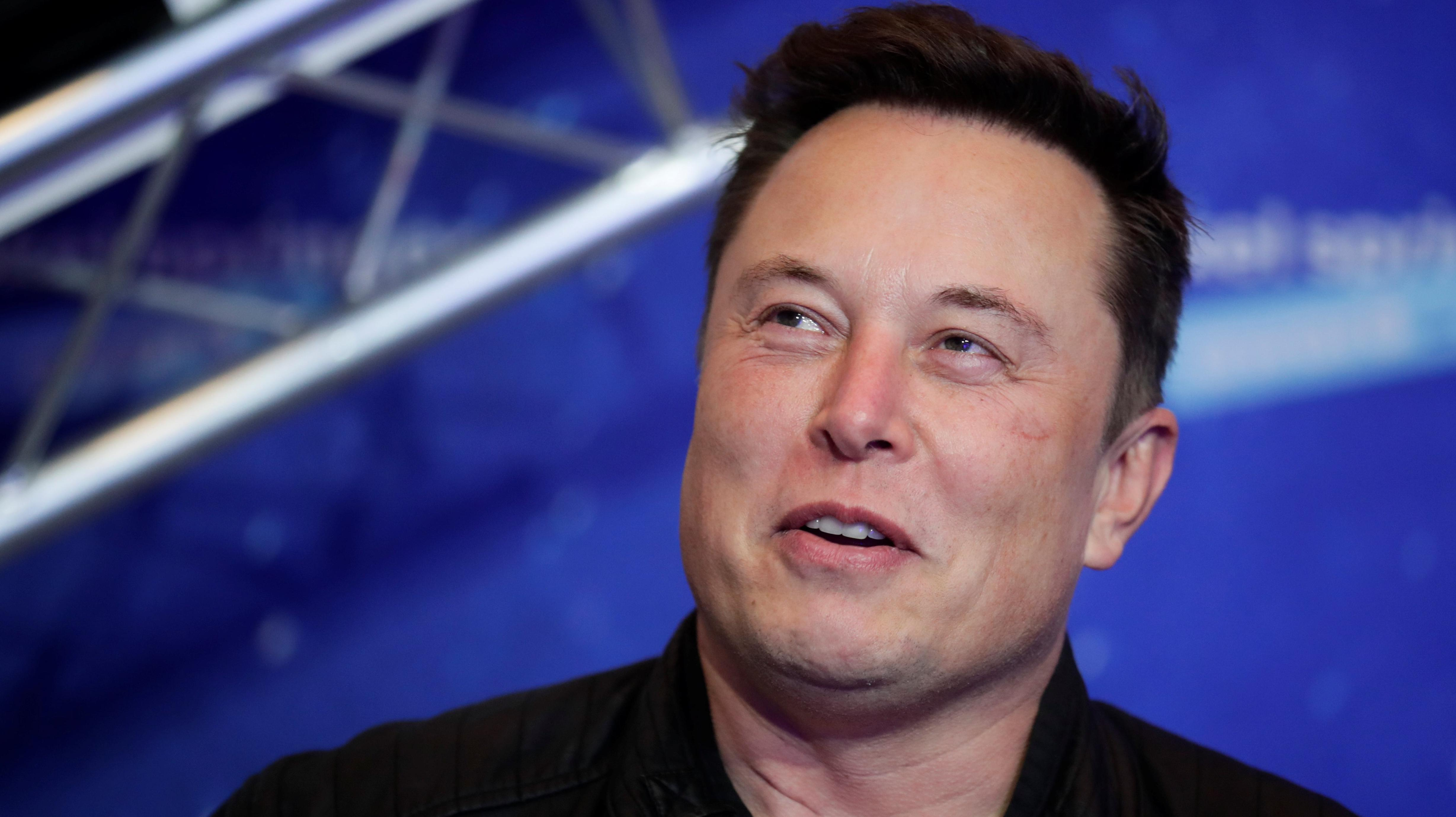Man Who Does Not Pay Taxes Alarmed At The Prospect Of Paying Taxes
A proposed bill would make Elon Musk liable for taxes to the tune of *checks notes* a few hours' worth of income
Elon Musk is tweeting again, despite multiple court orders meant to keep him in check. This time he's talking fiscal policy, focused around a proposal that would tax unrealized capital gains for people like him. The rule change could stick Elon with a $10 billion annual tax bill, and he's none too happy about it.
Let's start with a quick primer on the proposed change. Senator Ron Wyden of Oregon has suggested an update to the current tax code, one that would affect long-term capital gains taxes for millionaires and billionaires. Currently, capital gains (an increase in value of something you own — real estate, stocks, pogs) are taxed as income if you own that property for less than a year. After a year or more, they're taxes as "long-term capital gains" — a category that's capped at a 20% tax.

No matter the tax rate, capital gains taxes are only incurred when you sell the relevant holding. If your stocks triple in value, but you and your diamond hands continue to HODL, you won't incur any tax. That's what Sen. Wyden's proposal wants to change: Adding a tax on unrealized capital gains, to be treated as regular income, for top earners.
Elon Musk, the richest featherless biped to ever walk this planet, would be one of those top earners. A notorious and dedicated dodger of taxes, Musk spoke out on Twitter against the proposed change:
Exactly. Eventually, they run out of other people's money and then they come for you.
— Elon Musk (@elonmusk) October 26, 2021
Musk's use of the classic "other people's money" line is truly some Alanis Morissette-level irony, given that Tesla and SpaceX are directly funded by those same government coffers. As of 2015, Tesla, SolarCity (then still an independent company), and SpaceX had raked in nearly five billion dollars in subsidies and tax credits.
Of course, the money didn't stop there. 2015 was before Tesla's Austin factory, and its heavy tax incentives. It was before the construction in Berlin, which comes with a cost to the German government that hasn't yet been decided. Musk follows government money, vacuuming it up wherever he can — ten digits' worth so far, with more on the horizon.
With such a heavy reliance on subsidies for SpaceX and Tesla, Musk really isn't in a position to complain about taxes — after all, he'd be nowhere without them. The system that's funded his factories, rockets, and tunnels needs to recoup those payouts somehow. Maybe he expects cryptocurrency to somehow solve every problem — or maybe, paying taxes is some good advice Elon just can't take.
